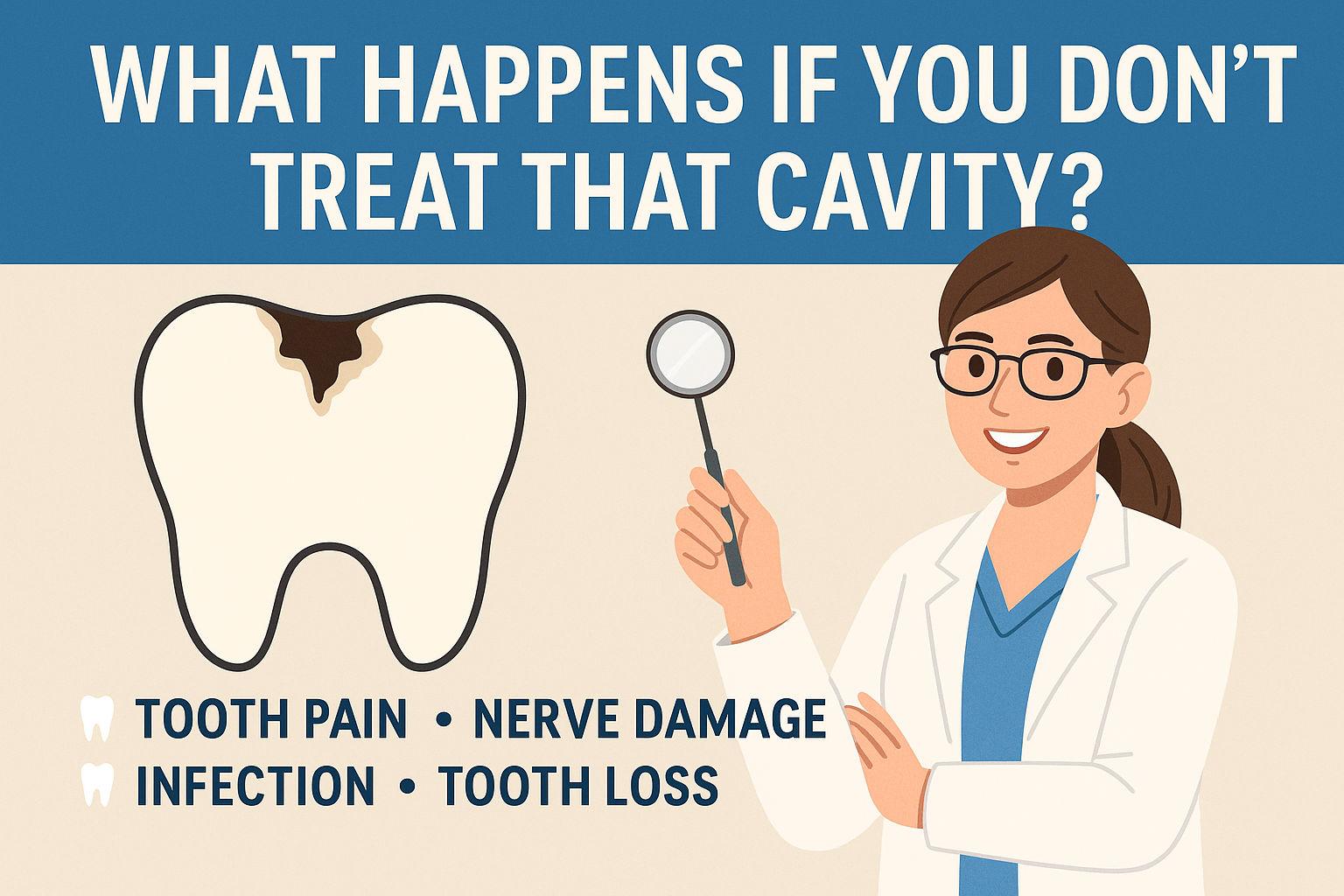When it comes to restoring missing teeth and reclaiming your smile, dental bridges offer a reliable solution. Whether you’ve lost teeth due to decay, injury, or age-related issues, bridges can fill the gaps and provide functional and aesthetic benefits. In this guide, we’ll delve into the world of dental bridges, exploring their types, benefits, procedure, cost, and maintenance tips to help you make informed decisions about your oral health.
Types of Dental Bridges
- Traditional Bridges: These are the most common type of dental bridges, consisting of one or more artificial teeth (pontics) anchored by dental crowns on adjacent natural teeth or implants.
- Cantilever Bridges: Suitable for areas with only one adjacent tooth, cantilever bridges use a single crown to support the pontic.
- Maryland Bonded Bridges: Also known as resin-bonded bridges, these use metal or porcelain frameworks bonded to adjacent teeth with resin cement, making them less invasive than traditional bridges.
- Implant-Supported Bridges: For those with multiple missing teeth or insufficient natural teeth for support, implant-supported bridges are anchored to dental implants surgically placed in the jawbone.
Benefits of Dental Bridges
- Restored Functionality: Bridges enable comfortable chewing, speaking, and smiling by filling in gaps caused by missing teeth.
- Improved Aesthetics: By replacing missing teeth with natural-looking pontics, bridges enhance your smile and facial appearance, boosting self-confidence.
- Preserved Oral Health: Bridges prevent adjacent teeth from shifting and maintain proper bite alignment, reducing the risk of dental issues like gum disease and temporomandibular joint (TMJ) disorders.
- Longevity: With proper care and maintenance, dental bridges can last a decade or more, providing a durable solution for tooth replacement.
The Dental Bridge Procedure
- Initial Consultation: Your dentist evaluates your oral health, discusses treatment options, and determines the most suitable bridge type for your needs.
- Preparation: During the first appointment, the adjacent teeth receiving crowns are prepared by removing a portion of enamel to accommodate the crowns. Impressions of your teeth are taken to create custom bridges.
- Temporary Bridge: While your permanent bridge is being fabricated, a temporary bridge is placed to protect the prepared teeth and maintain aesthetics and function.
- Bridge Placement: Once your custom bridge is ready, it is fitted, adjusted for proper fit and bite, and then permanently bonded or cemented into place.
Cost of Dental Bridges
The cost of dental bridges varies depending on factors such as the bridge type, materials used, complexity of the procedure, and geographical location. On average, traditional bridges can range from $500 to $1,500 per tooth, while implant-supported bridges may cost significantly more due to the need for dental implants.
Maintaining Your Dental Bridges
- Practice Good Oral Hygiene: Brush twice daily with fluoride toothpaste, floss regularly, and use an antimicrobial mouthwash to keep your natural teeth and bridge components clean and free of plaque and bacteria.
- Attend Regular Dental Check-ups: Schedule routine dental visits every six months for professional cleanings and examinations to monitor the condition of your bridges and address any concerns promptly.
- Avoid Hard or Sticky Foods: Minimize consumption of hard, crunchy, or sticky foods that could damage or dislodge your dental bridges, potentially compromising their longevity and effectiveness.
- Quit Smoking: Smoking increases the risk of gum disease and oral health complications, which can negatively impact the lifespan of your dental bridges. Quitting smoking promotes better oral health and enhances the durability of your bridges.
- Protect Your Bridges: Wear a mouthguard during sports or physical activities to prevent trauma or injury to your teeth and dental bridges. Additionally, avoid using your teeth as tools to open packages or bite into hard objects.
Dental bridges offer a reliable and aesthetically pleasing solution for restoring missing teeth and enhancing oral health and function. By understanding the types, benefits, procedure, cost, and maintenance of dental bridges, you can make informed decisions about your dental care and enjoy the confidence of a complete and beautiful smile.








